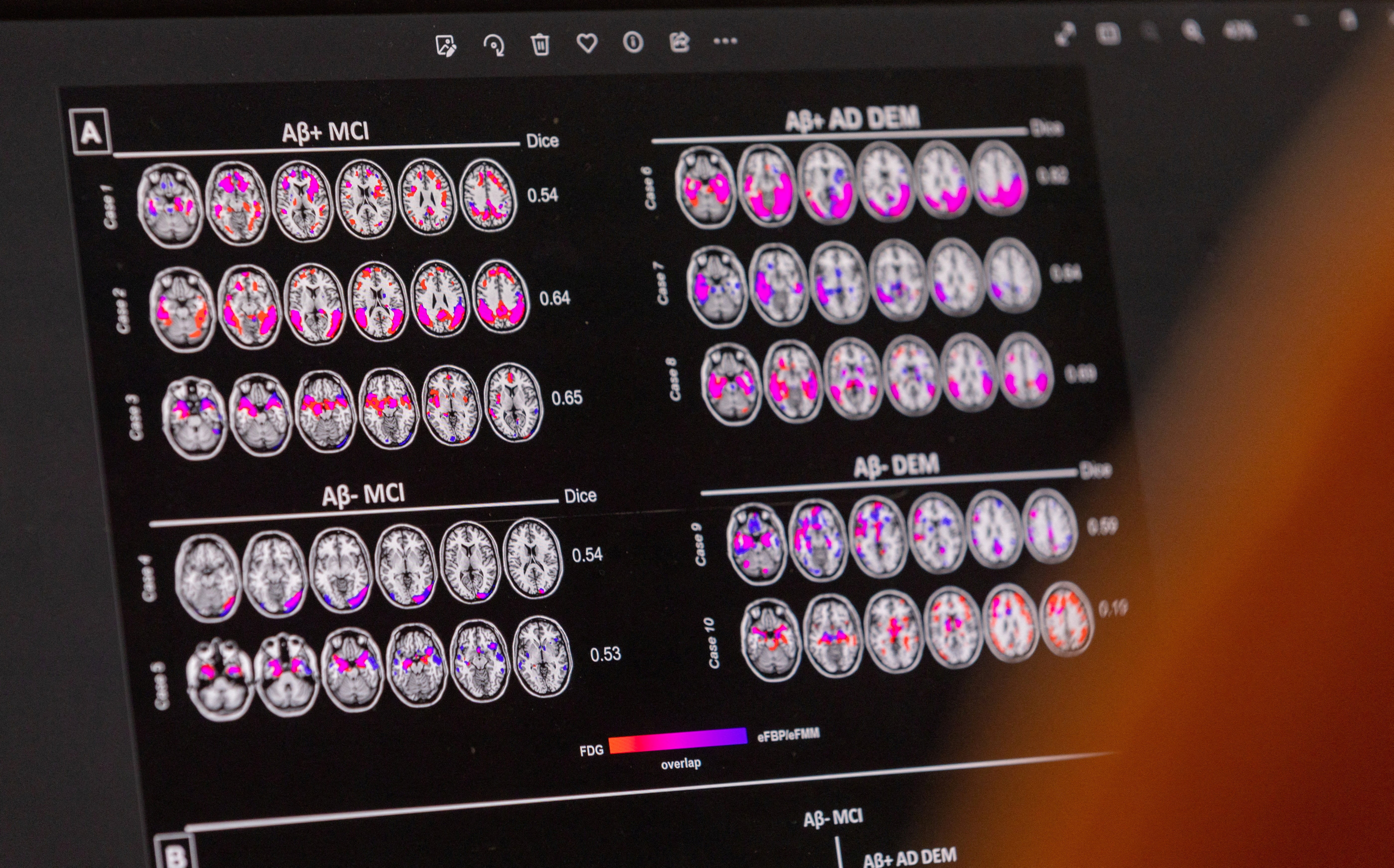The warning sign for Alzheimer’s that happens years before other symptoms
The findings could help develop a new diagnostic tool for the NHS
A warning sign for Alzheimer’s could appear years, if not decades, before other symptoms, doctors have warned.
A person’s ability to navigate could help to predict the disease years before symptoms appear, the research suggests.
A new study indicates that people at risk of the disease have impaired spatial navigation before problems with other mental functions, including memory.
It is hoped the findings might lead to the development of a diagnostic support tool for the NHS in the coming years.
The research led by UCL researchers used virtual reality to test the ability of 100 asymptomatic adults aged 43 to 66 – around 25 years younger than their estimated age of dementia onset – to determine and maintain a route from one place to another.
People at greater risk of developing Alzheimer’s disease, regardless of why, were impaired on the VR navigation task, without a corresponding impairment on other cognitive tests.
The researchers also found that there was a strong gender difference in how people performed, with the impairment being observed in men and not women.
The findings suggest impairments in spatial navigation may begin to develop years, or even decades, before the onset of any other symptoms, the experts say.
First author, Dr Coco Newton, of UCL Institute of Cognitive Neuroscience, who carried out the work while at the University of Cambridge, said: “Our results indicated that this type of navigation behaviour change might represent the very earliest diagnostic signal in the Alzheimer’s disease continuum – when people move from being unimpaired to showing manifestation of the disease.”
Early symptoms of Alzheimer’s
According to the NHS
In the early stages, the main symptom of Alzheimer’s disease is memory lapses.
For example, someone with early Alzheimer’s disease may:
- forget about recent conversations or events
- misplace items
- forget the names of places and objects
- have trouble thinking of the right word
- ask questions repetitively
- show poor judgement or find it harder to make decisions
- become less flexible and more hesitant to try new things
All of those involved in the study, who were involved from the PREVENT-Dementia prospective cohort study – had a hereditary or physiological risk of Alzheimer’s disease.
This was either due to a gene that puts them at risk of the condition, a family history of Alzheimer’s, or lifestyle risk factors such as low levels of physical activity.
Led by Professor Dennis Chan, the study used a test designed by Dr Andrea Castegnaro and Professor Neil Burgess in which people were asked to navigate within a virtual environment while wearing VR headsets.
Dr Newton added: “We are now taking these findings forward to develop a diagnostic clinical decision support tool for the NHS in the coming years, which is a completely new way of approaching diagnostics and will hopefully help people to get a more timely and accurate diagnosis.

“This is particularly important with the emergence of anti-amyloid treatments for Alzheimer’s, which are considered to be most effective in the earliest stages of the disease.
“It also highlights the need for further study of the differing vulnerability of men and women to Alzheimer’s disease and the importance of taking gender into account for both diagnosis and future treatment.”
The research was carried out in collaboration with the University of Cambridge, jointly funded by the Alzheimer’s Society and an MSD research grant.
The study is published in Alzheimer’s and Dementia: The Journal of the Alzheimer’s Association.
Dr Richard Oakley, associate director of research and innovation at Alzheimer’s Society, said: “One in three people born today will go on to develop dementia, and early and accurate diagnosis of the diseases that cause the condition are vital for people to access the right support, plan for the future, and receive appropriate treatment.
“Very early symptoms of dementia can be subtle and difficult to detect, but problems with navigation are thought to be some of the first changes in Alzheimer’s disease.”
He added: “More work is needed to develop this technology, but it will be exciting to see how this research may offer a way to spot disease-specific changes early and help people living with dementia in future.”
Join our commenting forum
Join thought-provoking conversations, follow other Independent readers and see their replies
Comments
Bookmark popover
Removed from bookmarks